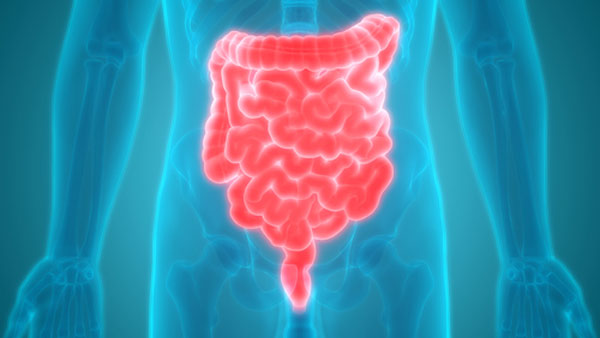Daijiworld Media Network - New Delhi
New Delhi, Sep 24: In a groundbreaking study, scientists have discovered that oral bacteria, once established in the gut, can influence brain function and potentially trigger Parkinson’s disease. The research, conducted by a team at Pohang University of Science and Technology in South Korea, reveals how specific microbial metabolites produced in the gut may directly contribute to the development of this debilitating neurological disorder.
Published in Nature Communications, the study found a significantly higher presence of Streptococcus mutans—a common oral bacterium known for causing dental cavities—in the gut microbiomes of Parkinson’s patients. This bacterium produces an enzyme called urocanate reductase (UrdA) and a metabolite known as imidazole propionate (ImP). Both were found in elevated levels in the blood and gut of those with the disease.

What makes this discovery particularly troubling is the evidence that ImP can circulate through the body, reach the brain, and play a role in the degeneration of dopaminergic neurons—cells that are essential for motor control and are typically lost in Parkinson’s disease. Using mouse models, researchers introduced S. mutans into the gut or engineered E. coli bacteria to produce UrdA, and observed elevated levels of ImP in the animals’ blood and brains. This was accompanied by hallmark Parkinson’s symptoms: motor dysfunction, loss of dopamine-producing neurons, increased brain inflammation, and a rise in alpha-synuclein protein aggregation—widely considered a driver of the disease.
The researchers also discovered that these damaging effects are mediated through activation of a protein complex known as mTORC1. When mice were treated with a drug that inhibits mTORC1, the neurodegenerative effects were significantly reduced, including improvements in motor function and reductions in brain inflammation and protein aggregation.
Lead researcher Professor Ara Koh described the findings as a major leap in understanding how microbes residing in the gut—especially those originating from the mouth—can influence brain health. She emphasized that targeting the gut microbiota could open up promising new therapeutic strategies for Parkinson’s, potentially shifting the focus of treatment toward microbial and metabolic interventions.
The study not only deepens scientific understanding of the brain-gut axis in neurodegenerative disease but also underscores the importance of oral hygiene and microbiome health in protecting long-term brain function.